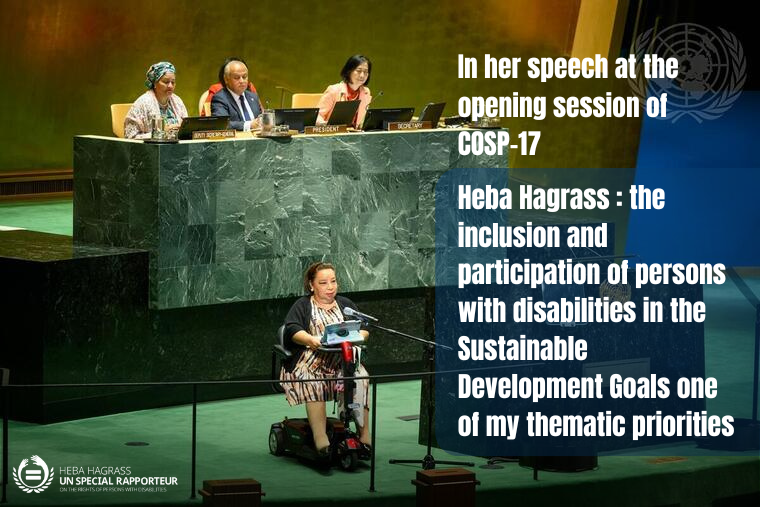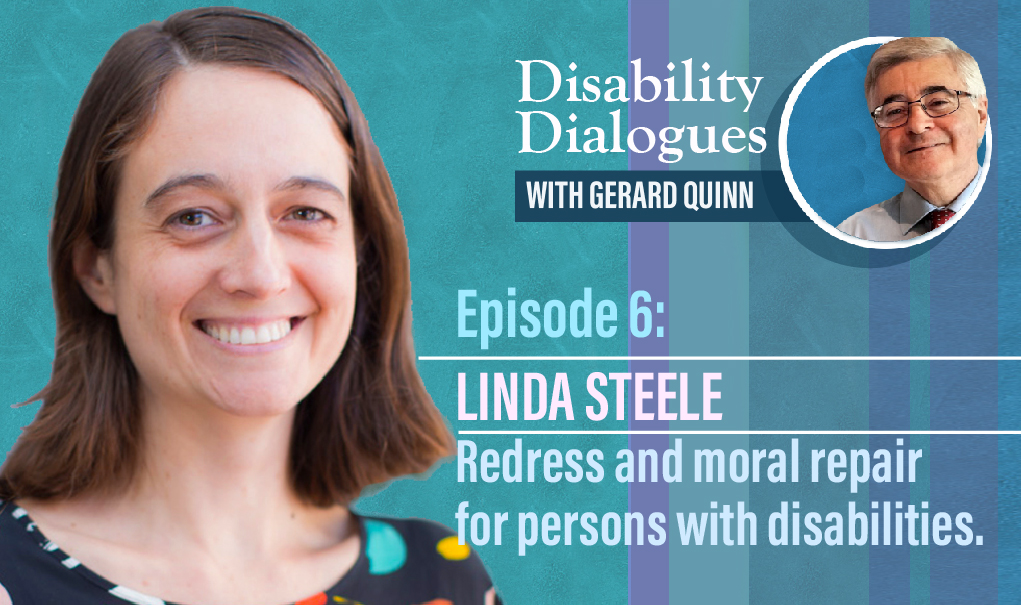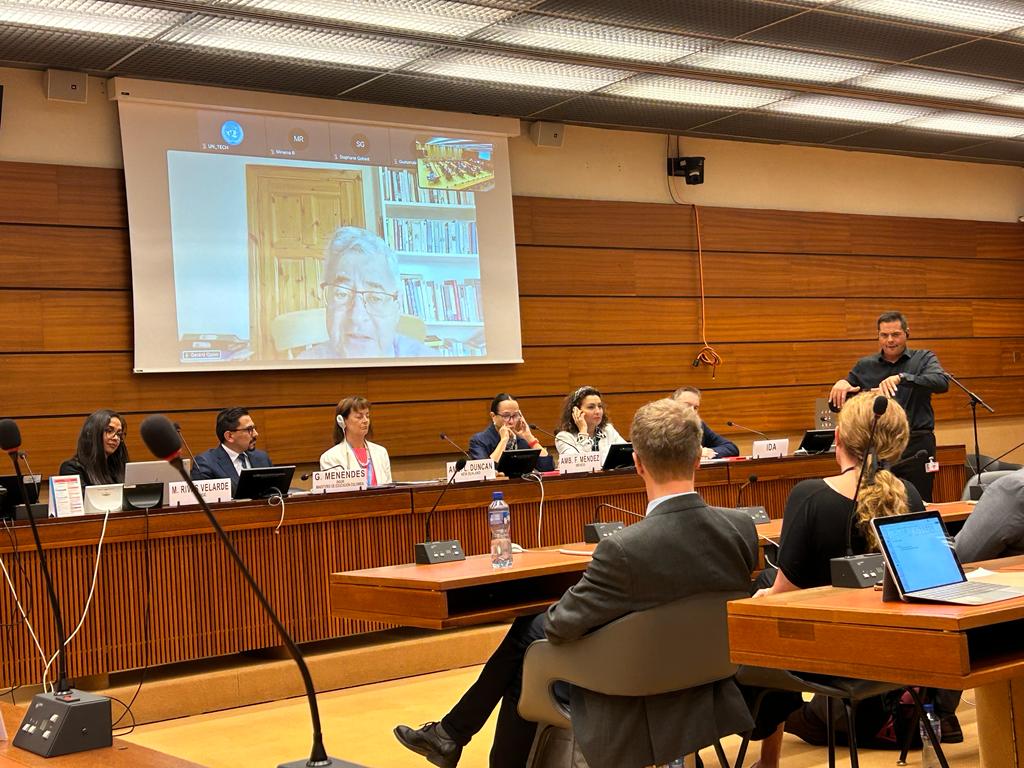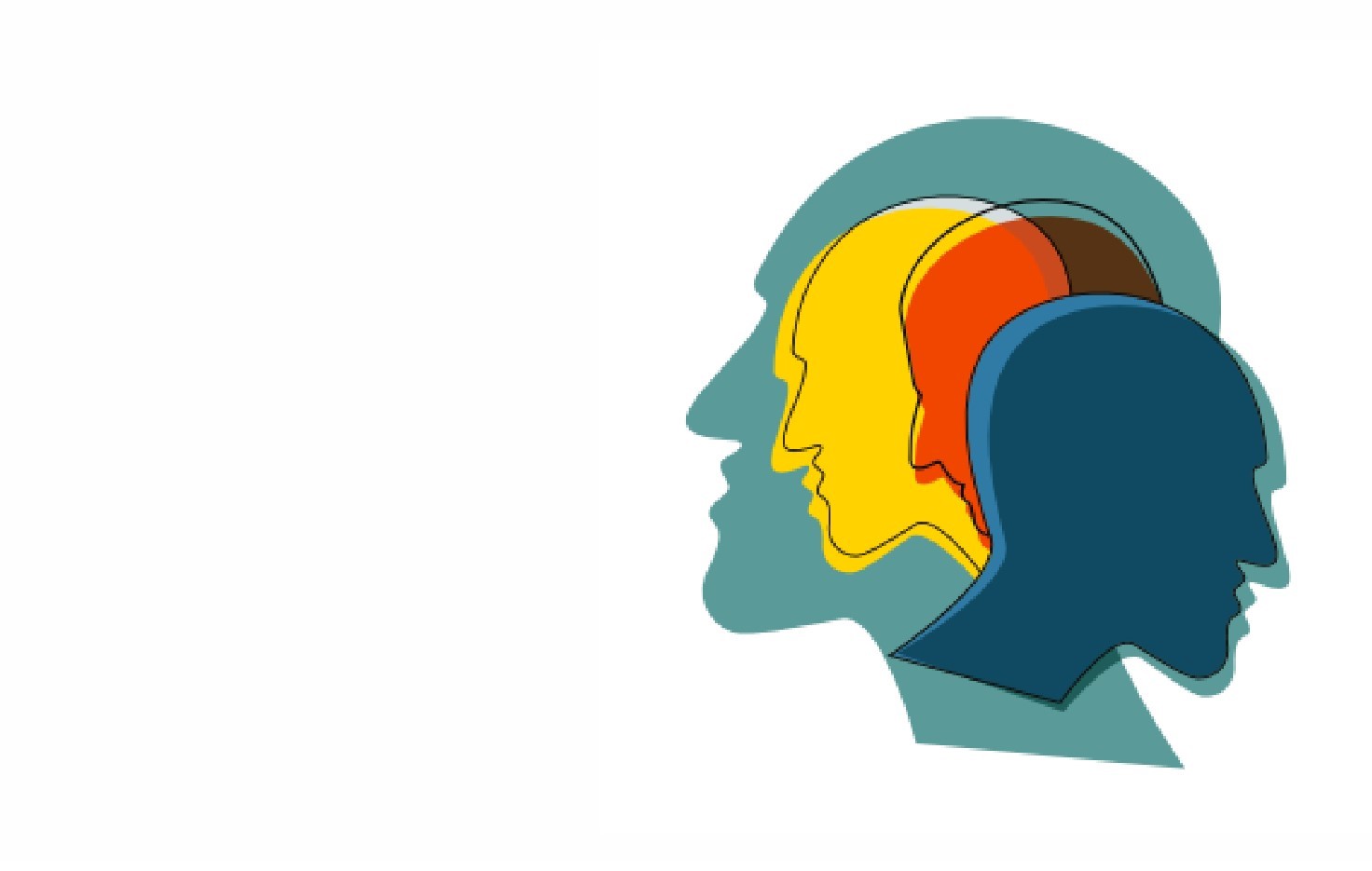In presenting his vision to carry out his mandate, the new Special Rapporteur described a work agenda focused primarily on systems change.
Looking back, we had come to expect the slow but steady progress of the Convention on the Rights of Persons with Disabilities (CRPD) and especially the new framing on disability that it exemplifies. How wrong we were.
Basic truths have a habit of coming to the surface during a crisis. So it was with the COVID-19 pandemic. Basic services were swept away. Preventive measures were not adequately communicated. Food, nutrition and health care services were rationed. Institutions became even more obviously dangerous places to be. Home became an incredibly dangerous place for women and girls with disabilities.
As the Disability Rights Monitor Report of October has vividly shown, the old framing of persons with disabilities as objects and not as subjects came to the surface during the crisis and we have been trying to put it to one side ever since.
Looking forward, it is clear that the global community needs to find better ways of giving reality to the framings of disability in the CRPD. Systems do not necessarily change just because headline ideas do.
We need deep systems change to ensure that new ideas actually reach the small places where people live.
By focusing on systemic change across a broad range of domains, the UN Sustainable Development Goals (SDGs) give a powerful impetus to the CRPD. The CRPD implies these changes – but the SDGs go directly to them. It is often stressed that the SDGs are grounded in, and bounded by, human rights. I agree. But I also see them as giving fresh impetus to human rights. It is a two-way street.
There is therefore a natural marriage between the two instruments and I greatly welcome the growing trend within the Committee on the Rights of Persons with Disabilities of referring to the SDGs to reinforce their analysis and conclusions under the CRPD.
Much of my future thematic work agenda will have to do with systems change. This work will range from the responses to the COVID-19 pandemic, to climate change and indeed preparing for future crises that will face humanity in the future. Additionally, much of my future thematic work will include those left furthest behind, including indigenous persons with disabilities, older persons with disabilities and prisoners with disabilities. Naturally, I see the CRPD and the SDGs as being equally applicable and relevant.
Watch Gerard's presntation at the opening of the 13th Conference of State Parties to the UN CRPD here:





